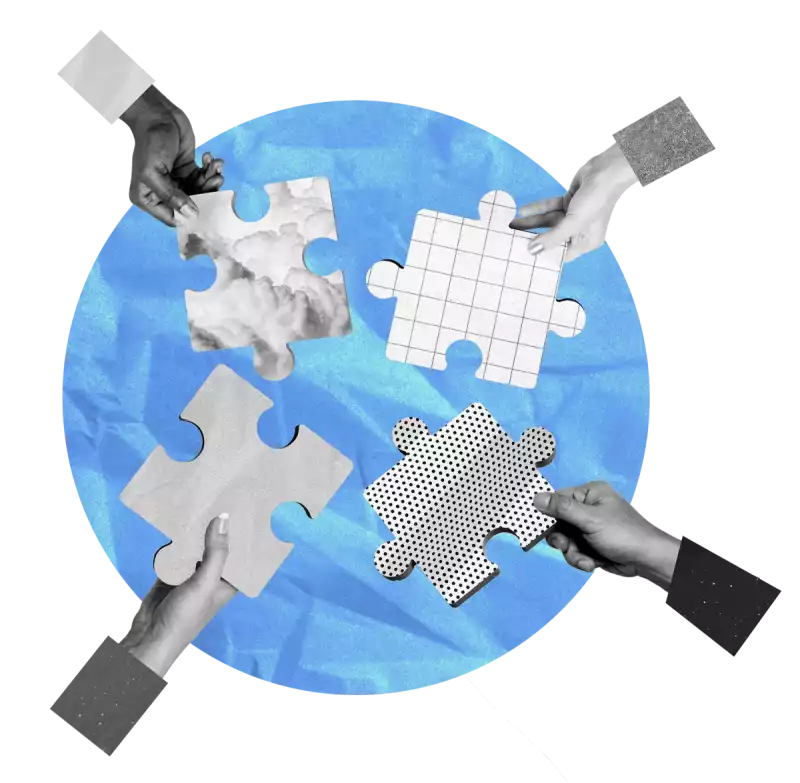World Bank Group
Enhancing Government Effectiveness and Transparency - The Fight Against Corruption
Myers,C. Bernard; Bajpai,Rajni. 2020. Enhancing Government Effectiveness and Transparency : The Fight Against Corruption (English). Washington, D.C.: World Bank Group. http://documents.worldbank.org/curated/en/235541600116631094/Enhancing-Government-Effec
This compendium of case studies and country examples by the World Bank is intended as a reference guide to practitioners and civil society organizations working to shape their country’s approach to anti-corruption. It builds on the existing body of literature, the experiences of World Bank staff around the globe, and the initiatives undertaken in international fora.
The report contains several endorsements of Collective Action between businesses, governments and civil society as a necessary approach to tackle corruption.
The report's introduction stresses the need to look at "individual instances of corrupt behavior as part of a broader system. In places where corruption is systemic, it is argued, trying to alter the behavior of individuals is challenging and slow, and it is best approached as a collective action problem." The message that problems of corruption are problems that require Collective Action is repeated several times in different contexts.
Page 157, for example, draws lessons from case studies in public service provision, concluding that: "When the reforms specifically target corruption in a sector, they seem to work when there is a strong pro-reform coalition between the anti-corruption champions in the government and businesses or citizens. In order for businesses and citizens to be able to become agents of change, their collective action problem must be solved. To this end, an international network or body may help galvanize the effort."
Chapter 2 deals with public infrastructure and includes a case study of the Construction Transparency Initiative (CoST) approach to accountability in infrastructure projects in Thailand, Ukraine and Honduras. This complements a recent interview with the Chairman of CoST Malawi by the Basel Institute's Collective Action team.
Case study 13 covers Collective Action for Reforms in Nigerian ports, analysing an important project of the Maritime Anti-Corruption Network (MACN) in collaboration with the Nigerian Convention on Business Integrity.
Citation: Myers,C. Bernard; Bajpai,Rajni. 2020. Enhancing Government Effectiveness and Transparency: The Fight Against Corruption (English). Washington, D.C.: World Bank Group. http://documents.worldbank.org/curated/en/235541600116631094/Enhancing-…











